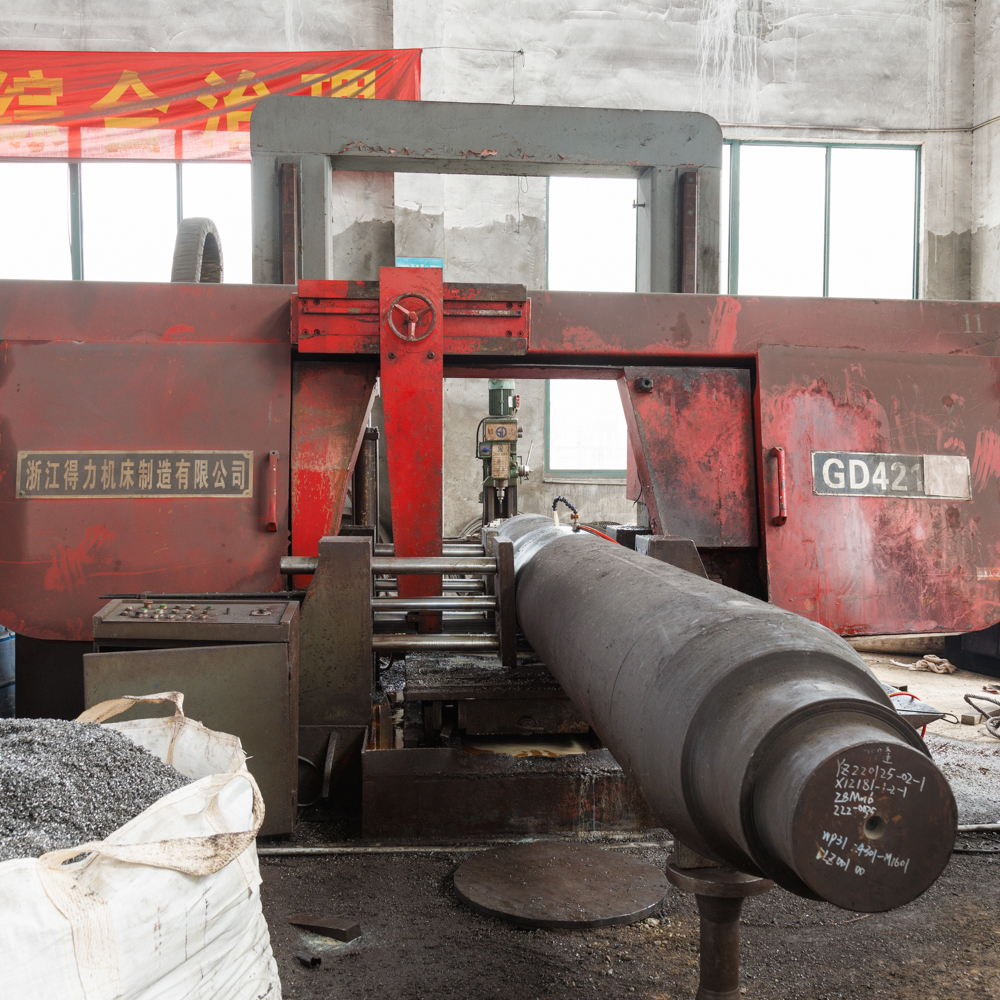In recent years, with the increasingly prominent global environmental issues, the demand for sustainable development and environmentally friendly technologies has become increasingly urgent. In this context, the forging metal process is also facing pressure of transformation and upgrading to ensure its quality and performance while reducing its adverse impact on the environment. Traditional forging metal processes typically require significant energy consumption and discharge of pollutants such as exhaust gas and wastewater. This not only causes serious pollution to the environment, but also wastes a large amount of resources. Therefore, the research and application of environmentally friendly forging technology has become a hot topic in the industry. In recent years, many countries and regions have introduced relevant policies and standards to promote the development of environmentally friendly forging technology. Among them, the national standard and the Japanese standard, as two important standard systems, have played a positive role in promoting the development of forging metal processes. The national standard is a forging metal process standard formulated by China, aimed at regulating the development of the industry and improving product quality. This standard requires forging enterprises to adopt environmentally friendly technologies in the production process, reduce energy consumption and pollutant emissions, and improve resource utilization efficiency. At the same time, the national standard also specifies the physical properties, chemical composition, and other requirements of metal materials to ensure the quality and performance of products. The Japanese standard is a forging metal process standard established by Japan, with the main purpose of improving product quality and competitiveness. As a leading country in forging technology, Japan's standards have a high influence globally. The Japanese standard requires forging enterprises to adopt efficient and energy-saving processes to reduce the generation of waste and pollutants. At the same time, the Japanese standard also specifies the composition and performance requirements of metal materials to ensure product quality and reliability. In order to meet the requirements of national and Japanese standards, forging enterprises need to strengthen technological research and innovation, and promote the application of environmentally friendly forging technology. For example, adopting advanced energy-saving equipment and processes, optimizing production processes, and reducing energy consumption and waste emissions. At the same time, forging enterprises should also strengthen cooperation with suppliers to ensure that the purchased metal materials comply with relevant standards and requirements. The development of environmentally friendly forging technology is not only conducive to reducing environmental pollution, but also helps to improve product quality and competitiveness. As the trend of global sustainable development continues to strengthen, forging metal processes will continue to face new challenges and opportunities. Only through continuous innovation and improvement can forging enterprises remain invincible in the fierce market competition.
Forged Parts, Forged Ring,Forged Tube


